Our Thoughts on Off Grid Motorhome Life
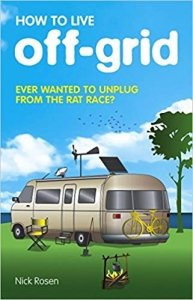 I’ve just finished reading Nick Rosen’s How to Live Off-grid
I’ve just finished reading Nick Rosen’s How to Live Off-grid and it’s prompted me to jot down a few thoughts about our personal experience of living in a motorhome, without permanent grid connections. I’ve assumed some knowledge of typical motorhome facilities in the text below, but popped in a section at the end giving a brief overview of how the systems work in here.
First off, I’ve got to admit I gave up on Nick’s book twice, but kept on at it as I was plain curious. The book starts out with some reasoning why folks would choose to do without permanent connections to the water, electricity and gas grids. The problem I had with this was that the reasons were almost universally negative: the environment being destroyed by over-use of energy, growing consumerism, energy prices going up, the risk of global meltdown from the Chinese economy crashing combined with a breakout of bird flu or some similar combination of events and so on. This theme of negativity continues through the book, and negativity just ain’t my thing.
On the whole Nick’s book turned out to be interesting, especially his look at the whole range of situations people live in, from a lady who uses only a diesel generator for power (imagine firing it up every time you want to switch a light on) to a multi-millionaire who remains grid-connected but has a £250,000 hydrogen separation facility in his house.
Not much of it resonated with me though.
Our experience of off-grid living was a two year stint living in a motorhome and travelling Europe. We’re off again on similar adventures, although we now have an on-grid house back in the UK to go back to in between shorter trips, or at least part of one (see The Cooler). So we have some idea of the challenges faced by folks doing something similar, and also of the life-enhancing effect living in such a way can have.
Nick does touch on ‘van dwellers’ as he calls us, and he does much of his research from a panel van which he wanders about in to meet people with his wife and baby. During his search for a van he comes across ‘an upmarket vehicle called a Hymer, which was more like a bedsit on wheels’. He’s advised not to ‘bother with plumbing’ or having a toilet. One particular paragraph caught my eye: ‘camper and caravan sales had previously been led by older or retired people trying to see the country on a budget. They shelled out large amounts – typically £15000 to £20000 – for a purpose-built vehicle with hideously ugly seat coverings and a shrunken-down version of the facilities they had at home’. Ah, that sounds like us, only I like our seat coverings, so we don’t count? I wondered… Nick does actually meet up with folks who live in vans, but unless they’re living in a minimal-cost self-conversion with no loo, and refuse to give their second names, he’s not interested.
To be fair to the guy, he’s focussed almost entirely on Britain, but in doing so he’s missed an entire legion (tens of thousands I would guess) of sometime off-grid people travelling Europe in self-contained motorhomes, many of whom never use campsites (so what if they do, thinking about it) but find the provided aires, stellplatz and sostas are more than enough to ethically enable them to dispose of waste and access fresh water. Seriously, there are a lot of us out here, and judging by the vans we see around us each day, £20k is bottom end for a lot of them (but again so what if the van costs £50k – it’s still off-grid?). But does that make us any less ‘off grid’ than someone living in a mansion in the UK with £250k worth of wind turbines alongside full grid connectivity? I think not.
Our motivation for living this way is mainly to have good old fashioned chilled-out fun, but also to live a simpler life. Effectively everything we have in here is ‘pay as you go’: water, electricity, Internet, loo capacity and so on. Everything is limited, and we’re forced to consider whether we really need that third light on, or a shower today, or can we fit that bag of peas in the small freezer, or do we need to use Google Maps to find somewhere, or should we put the heating on when it’s 18 degrees? We’re as off-grid as they come in here – and yet we live in ‘miniature bedsit’ luxury. What’s wrong with that Nick? It’s a lot of fun in here, seriously it is!
Us motorhome dwellers get to see the world at our own pace, live (albeit temporarily) in some out-of-this-world places and almost as a by-product we learn the value of all the on-grid facilities we have at home. That in turn leads to greater appreciation of what we have, and inflated happiness both when we’re on and off-grid. If you write another off-grid book Nick, or update the existing one, give us a shout mate, we’d love to give you our side of the story!
Cheers, Jay
This is how our motorhome (a 2001 Hymer B544) provides everything we need to live in uber-comfort:
Water
- We have two on-board water tanks – one for fresh water and another for the water we’ve used for washing the pots or ourselves (called ‘grey’ water)
- This means we can use about 100 litres of water before having to fill up again and empty the grey water
Heating
- We have a combined water and air heater which runs on LPG
- We have two LPG tanks which we can refill ourselves at petrol stations; these auto switchover when one is empty
- We have silver insulating screens for the glass cab windows, the other plastic windows are double-glazed and we have a double-floor to reduce heat loss
Power
- We have two leisure batteries which provide 12V DC power. They’re buried under the driver and passenger seats so I’m not sure what capacity they are but I’m guessing at 80Ah each. These are separate to the third battery which runs the engine
- The leisure batteries are charged by a roof-mounted solar panel (guessing at 100W peak) and also by the van’s alternator when the engine is running
- These leisure batteries directly power the water pump, fan for the blown air heating, MiFi for Internet access and lights, they also power a ‘cigarette lighter’ socket which we can use to charge any USB devices like mobile phones
- There is also the usual ‘cigarette lighter’ socket in the dashboard which runs off our engine battery this is mainly used for the satnav
- We have a 300W inverter, which we can use to power some 240V AC equipment like hair clippers or for charging our laptop
- Finally some parking places (typically campsites) have connections for vans to the mains electricity network so we can connect to the grid from time to time. When we are grid-connected, this also charges the on-board batteries
Light
- We’ve a number of lights around the van, only two of these are currently LED so we’re looking to convert more of them to drastically reduce the current they consume
Internet
- We have a MiFi device connected to a 4G roof-mounted antenna. This creates an ‘always-on’ private wireless network in the van
- The MiFi is permanently connected to the 12V system in the van
- We’re using a Three SIM with their ‘Feel at Home’ package, giving 3GB for £15 a month in a number of European countries
- We also have a directional WiFi antenna so can pick up distant wireless networks
TV
- We have a 240V TV connected to a Sky+ box which is in turn connected to a manually-aligned roof-mounted satellite dish
- We’ve not yet managed to get this to receive a signal!
Loo
- We have a Thetford cassette loo which is permanently mounted in the wet room
- This has a SOG unit attached so we don’t need to use any chemicals to manage the smell or break down solid waste/paper
- The cassette can be emptied by sliding it from the van and taking to a disposal point (I’ve done this hundreds of times, and have lived to tell the tale – it’s not so bad!)
Washing
- We have three sinks, two in the kitchen (one small, one large) and one in the bathroom
- A 12V pump in the fresh water tank means we have hot and cold running water at these sinks
- The wet room also has a mount so the tap at the sink can be lifted higher for a shower
Cooking
- We have a three hob gas burner
- We have no grill or oven, but have a double-skillet which we can use as an oven
- We also have a Remoska and single electric hot plate for when we are connected to 240V power
Food (and Beer) Storage
- We have a fridge with a freezer compartment
- This runs on 12V when the engine is running, or on LPG when we are stationary
- If we are connected to 240V mains, the fridge can be switched to use that instead

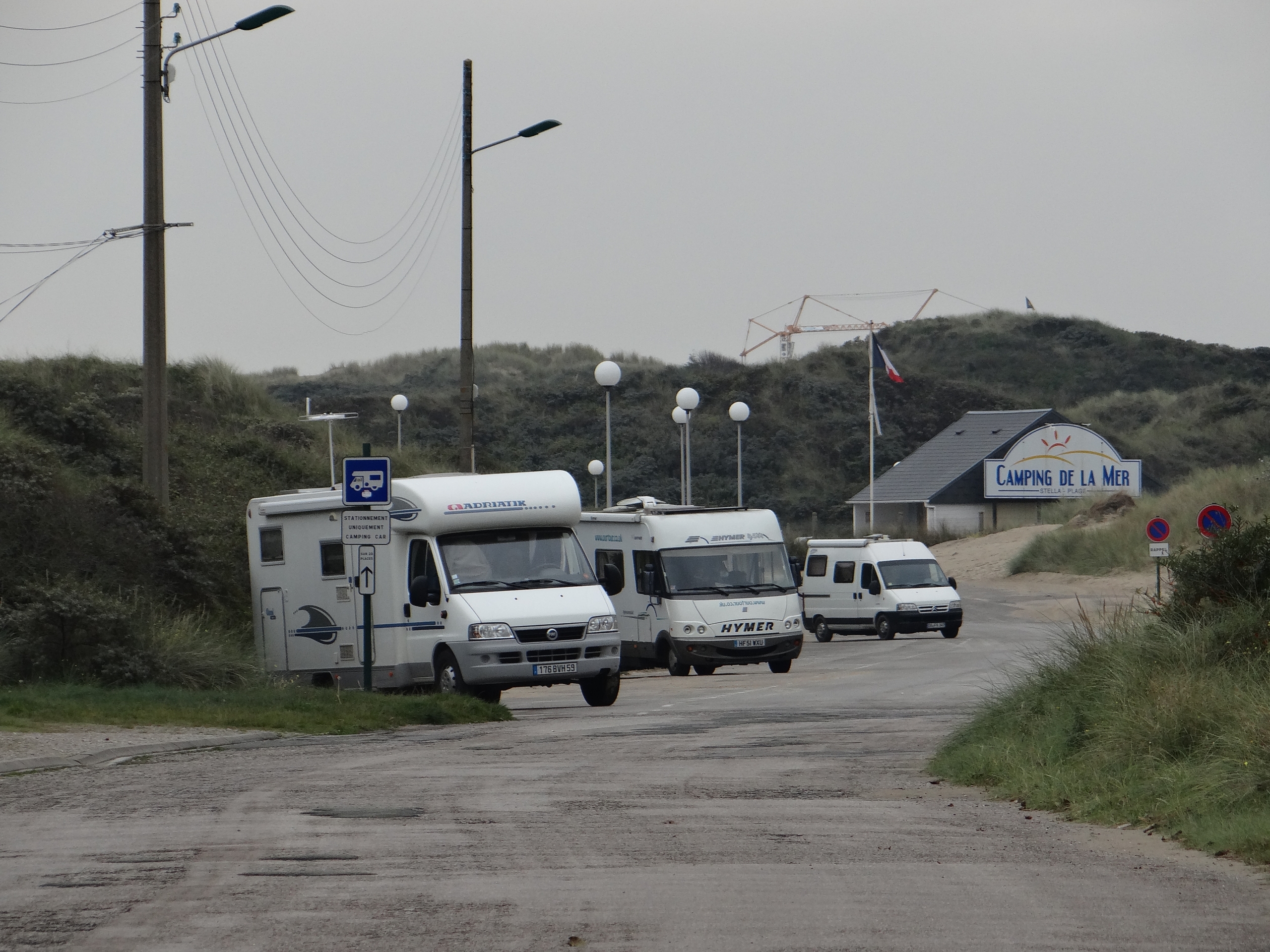
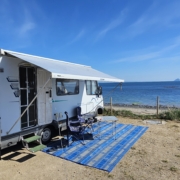
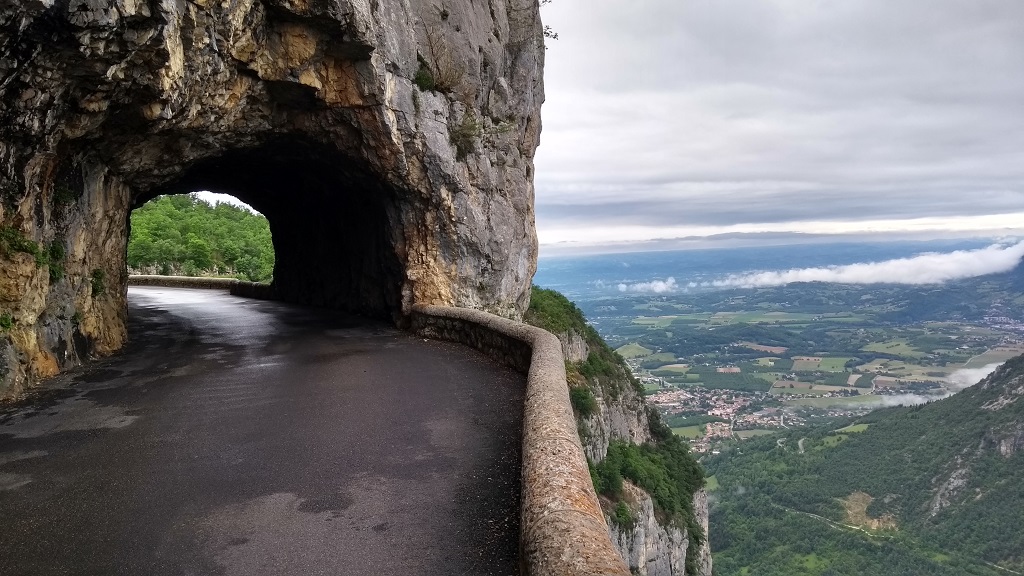


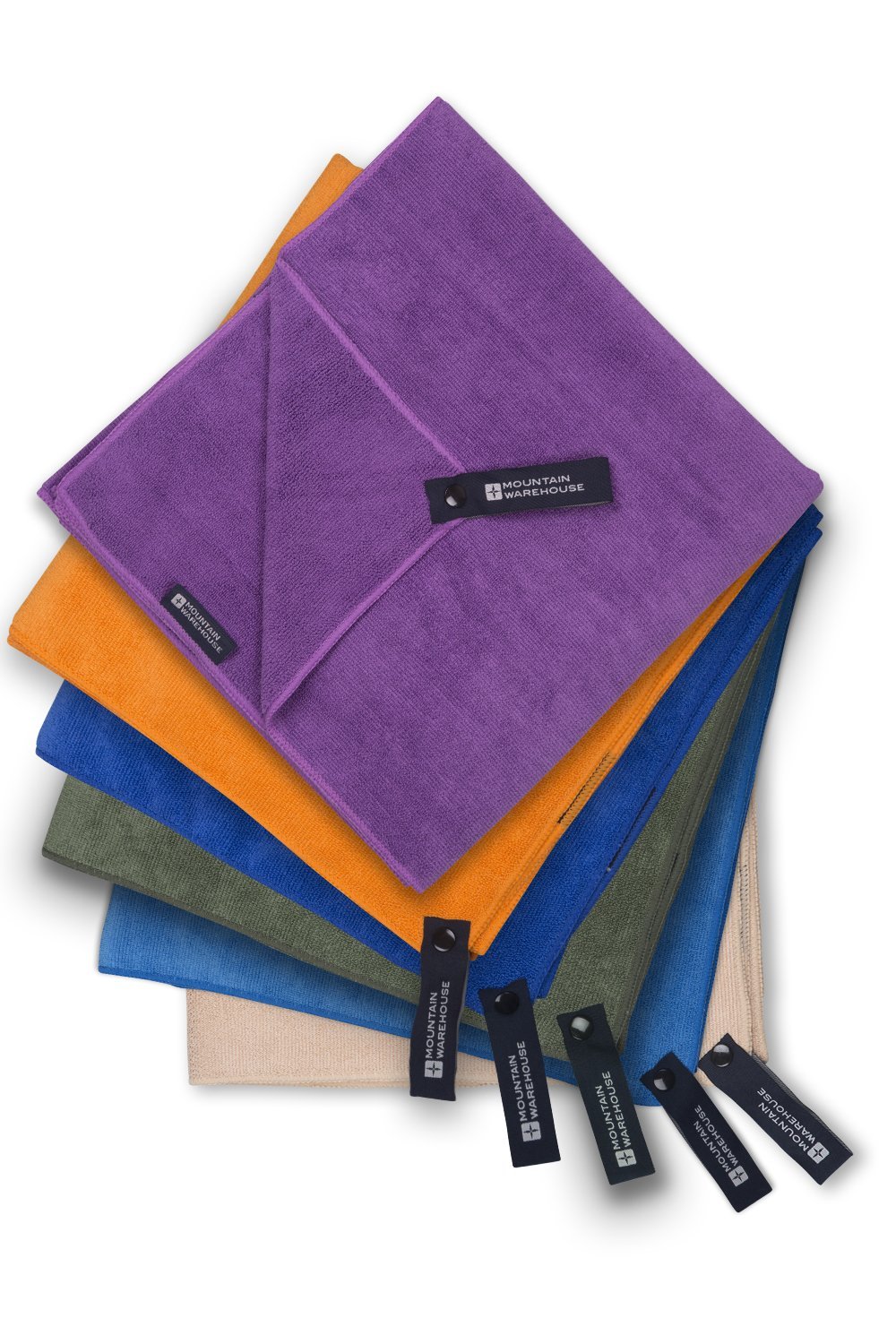
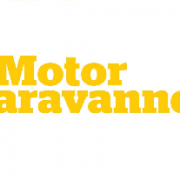
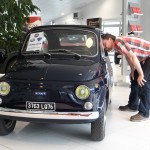

We have pretty much the same set up as yourselves – twin refillable gas bottles, solar panel etc but we have an oven (gas) and a separate shower. We reckon we can go three, maybe four days and then we’re seriously looking for water. Having said that we haven’t run out yet, although it’s been close. Strongly recommend you change your lights to LED as soon as possible, I have a battery monitor which shows how much juice I’m using on 12v and the difference when we changed the lights to LED is remarkable. We’re pretty much stopping in Aires/Sostas and the like in northern and Southern Europe with a bit of wild camping/car parks thrown in. At this time of year we find that folk don’t bother us although it’s a bit different in southern Spain where half the European motorhomers end up over winter and I think the police are cracking down a bit in those areas. It’s a great lifestyle and I reckon even with our diesel use our carbon footprint is less than it is when we are at home in a house. And we don’t waste any food unlike at home where you get sucked in to bogof offers and end up chucking stuff away. With limited space in a Motorhome you only buy what you need. Happy travels,
Pat
Cheers Pat, we fitted LED to Dave, need to get some G4s for Zagan but they’re not looking cheap out here and we need 9 of them if we’re going to do the lot. Ikea seem to do them for about £3.80 each, but you can get ’em for a quid each in Maplin. Might wait until we get home and sort ’em out ready for next year, it the little G4s in here are using 10W each compared to about 1.3W for an LED one. We’re nowhere near touching these big leisure batteries though as we tend to drive each day or two. Hmmmm. Jay
Hi J&J
That Rosen chappie’s book – pah! I would have made a bbq fire out of it long ago! The only advice we ever took during our 24 months of travel was advice from fellow motorhome travellers. And the best ‘advice’ was always the advice garnered from our own endeavours and that indefinable thing called logic and common sense, mixed with a dash of adventurism. Nothing ventured nothing gained! And if all else fails and you’re having a bad day, stop and park up for the night and have a drink. I say Jay, what’s this business of you buying plonk when travelling in France?! You’re in the country of the wine gods, enjoy it! If it costs less than 10 Euros don’t buy it …. :)
Remember the life that you are living now is the real deal, it is not a practice round. There’s no turning the clock back and having another go.
Cheers and have fun!
Marius!
Honestly old chap, this stuff all tastes much the same to me! I’ve drunk expensive stuff, I’ve drunk daft cheap stuff and unless it strips my taste buds it goes down nicely. I only have good taste in women mate, and maybe hops-seeped real ale, definitely not in wine, whiskey, lager, music, clothes or hair styles. :-)
Trying to live by that rule of yours too, just wandering about for the moment though deciding what to have crack at next year. Definitely heading for the Arctic once it warms up a bit, but it’s unlikely to involve being sat in an office 9 to 5 though.
What are you guys up to? Drop us a line if you get chance? We’ll wait with baited breath at julieandjason@ourtour.co.uk!
Cheers, Jay
It’s more a question, prompted by the article – do you use internal silver screens, or external? I’m asking because we’re trying to weigh up which to invest in. We’re concerned about external ones – how would we be able to use them if ‘discreet camping’ in car parks etc – no possibility of a ‘quick getaway’ if there is any ‘trouble’ (we will be two women travelling). Also, external ones look absolutely enormous to be packed away – are they really worth the storage space they will commandeer? – Conversely, internal screens – look smaller; will take less space, we don’t have to get out of the van at all if we find we want to leave somewhere in a hurry – but people warn us about condensation. We have a 22 year old Hymer. What are your thoughts? We’re struggling to decide what’s best…..
Hi Linda
We’ve only ever had external ones, so might not be the best folks to ask, maybe have a read on motorhomefacts.com, loads of info there. But for what it’s worth, the external ones seem to be the most used when we drive about. They keep condensation down, which just means less use of the squidgy in the morning! If you’re staying in snow the recommendations seems to be external, and they don’t take up a massive amount of space when rolled up.
As for escaping in a hurry, hard one to answer. I’ve only ever heard of a single case of someone needing to do this in years of travel (drunks after booze), and that was during the day at the port of La Goulette outside Tunis. My feeling is you’re unlikely to have this problem. If you’re not comfortable, park where other folks can hear you and lean on the horn if someone bothers you perhaps? Also, when we’re a bit nervous, we just leave the screens off and the heating on, happy days!
Cheers, have fun on the road! Jay
Hi Jay & Julie, completely agree with Marius’s take on m/homing, it’s the sense of boyhood adventure and the unknown that keeps me out in my m/home. (still need to be back at times for bits of work at the mo but as retirement gets closer m/home times away get longer). I love being in the wildest of countryside and moors where you can be alone (with pooch) and just look around at the views and the colours and walk the footpaths and bridle paths of farming gone by. Then when your bored with that scene then move to the coast and walk the beach and cliff tops (my JR pooch loves the sea and sand too). I have been wilding for the last 6 years, admittedly not in car parks in town, but the two ladies (Linda) who are concerned above shouldn’t let it worry them, I’ve never had a problem, if you feel happy where you have parked during the day, will feel equally good for the night. Don’t let it stop you from enjoying the adventure. Looking at you Jay, you had the adventure on your last trip, it was an unknown length of time away and each day you stuck a pin in the map and said lets go there, which was great for you and us. This time you know all there is to know about setting up the van and traveling, what you need now is a plan of things to do, see, to go. Don’t let “samey” boring places spoil/shorten your trip and enjoyment. I have a quick question, I hope to visit southern Spain (along with the masses according to Marius) after xmas for 2 or 3 months, first adventure aboard! Are snow chains needed (A) by law in France/Spain, (B) recommended to be carried by you, if so what sort or not needed. All the best Tony.
hi, just a quick hello,Marcus here, I have been visiting your site every day for the last 2 months or so and was surprised when you visited St Annes as it’s not too far from me in Bolton.I have been reading about Sog Toilets, Lpg gas, solar panels and so on and I don’t as yet own a motorhome… but I do intend to do so in a few years, I just wanted to ask about TV??…the Sky box??, I would also like to travel all over Europe for many months starting in maybe 2017 or 2018 and had thought that if I had a giant wind up dish and all the Sky box ect then all would be ok as I think I would still need or want Sky Tv reg in my life…please can you report about any progress in that department, love your Videos, you both have clear and relaxed tones when you talk and a natural flare for simple explination combined with a clear steady Video…and a cute dog, very happy Zagan is now ok, safe travels..Marcus
Living off-grid as a comparison to living on-grid is a term often used by eco warriors – but in reality the only difference is learning to manage finite resources. Water still needs to be used and whether this is from plumbed pipe or an on-board tank – it is still water, and will still be refilled from plumbed in facility.The bigger one is electricity, where you can generate your own. But the chemical and poisonous production processes of batteries and solar panels hardly make them eco-friendly and the diesel fumes from driving to charge via the alternator is hardly “green” either.
The biggest advantage of living this way is that you are not having to pay multinational corporations for the fixed supply which can save substantial money. As long as you manage the finite resources of water and energy onboard the motorhome then it helps you achieve your dream of travel rather than making you eco warrior extraordinaire :)
Bob on, well said Alan.
Hi Alan
I disagree completely with your water theory.
Collecting rain water does not involve any plumbing or connections to the grid. I am not an eco-warrior..just more environmentally aware than some. Everyone works at different levels. Solar panels are far more beneficial and guilt free than contributing to profit and monetary values of electricity grids. Nothing bad can come from making full use of natural resource. It’s not all about saving money for yourself, how about enabling the world and it’s society to grow and progress, create awareness and head in the right direction? I still plan to enjoy the experience, just with mindfulness along the way. thoughts?
I should really be talking about Off Grid Motorhome Life as this is the blog …ok I would use somthing like a Lenovo Yoga Tablet 10 HD+ {13 hours battery life} for watching movies rather than the 240V TV ….what about a Composting Toilet?…yes because of your Sog saga I spent 2 whole nights looking at other options and decided on a Composting Toilet {only tiny fan for air vent} and a no water urinal system. All lighting must be LED, I have at home an ecocamel Orbit Shower head….It is a must for all Motor homes to blast water with air to save water end of.Hot Water Bottles with Fake fur covers,,,,can you let us know about any possibility of a camp fire for cooking and keeping warm outside.
Hiya you two,
if you find yourselves in a place called La Rochefoucauld, give us a shout, we have a place nearby and would love to meet up. Only here ’til next Friday (30th) though, UK bound for two months.
Thanks Larry – just fired up Google Maps and your place could well be en-route but we’ve a couple of weeks to wander the Loire so I reckon you’ll be away to Blighty by then. Will keep tabs on dates though and give you a shout if we speed up! Cheers, Jay